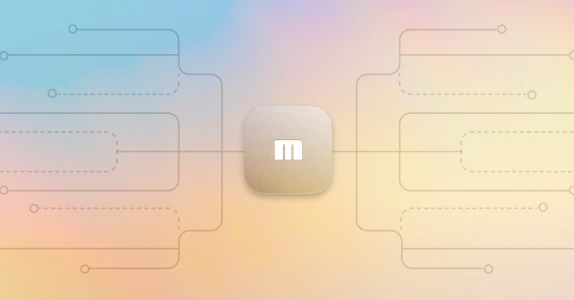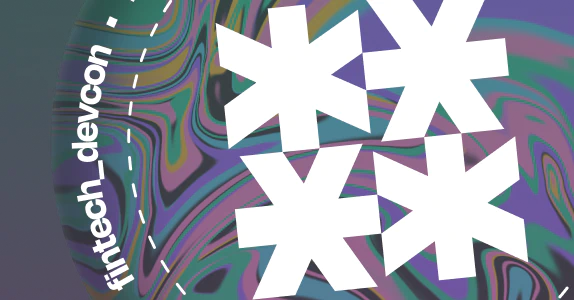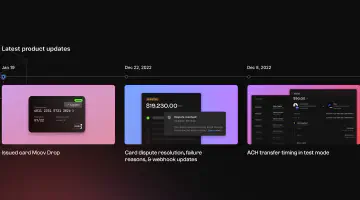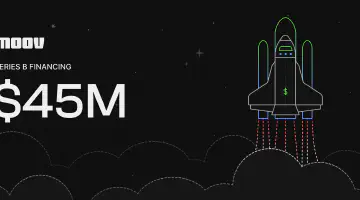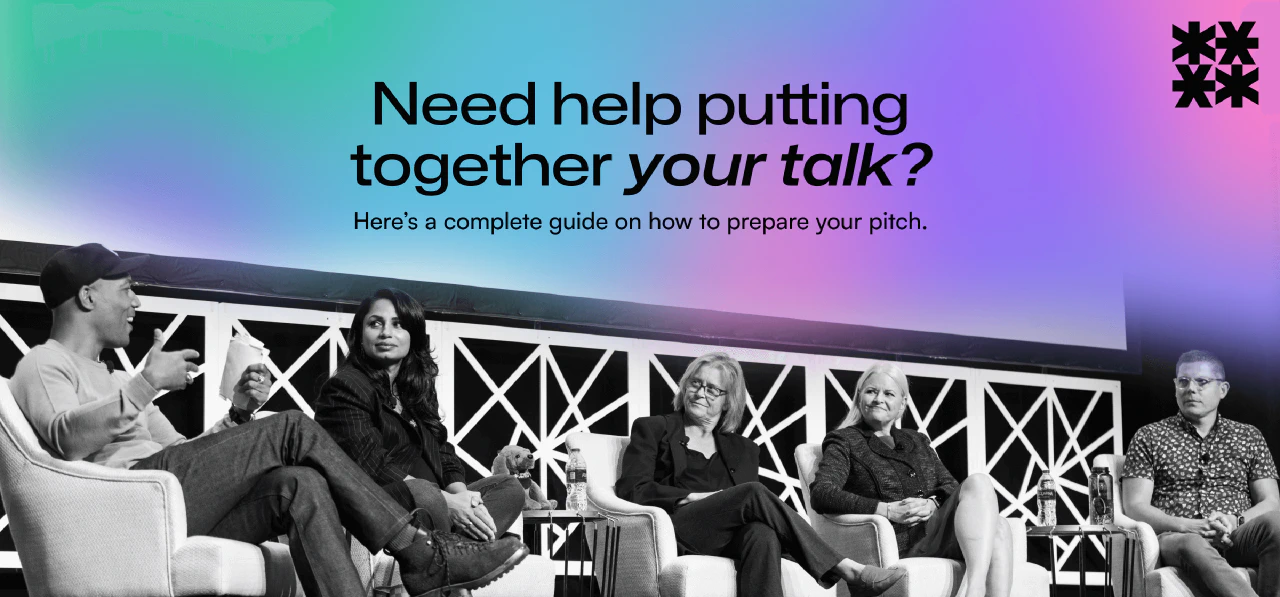
Tips for submitting a talk at fintech_devcon
The flagship fintech developer conference is back and ready to bring builders together for a third year. The purpose of fintech_devcon is to democratize fintech knowledge across payments, compliance, finance, and more. This means we want to hear from builders like you.
Selected speakers will receive a free registration, which includes access to all breakout sessions, keynotes, conference meals, official fintech_devcon networking events, and speaker-only swag.
You don’t have to be an executive or even have prior speaking experience to apply. If you’ve ever solved a problem while building fintech, we want to hear about it. If putting together a talk sounds challenging, don’t worry—we’re here to make it easier.
Check out our tips on how to build a pitch that gets selected.
Decide if you’d be a good speaker
fintech_devcon is designed by developers, for developers. While there are plenty of individuals capable of delivering great presentations, we look for fintech builders actually impacting the product. For example, software engineers, dev team leaders, product managers/owners, CTOs, and occasionally CEOs and founders. If you’re not normally behind a podium, no problem. We welcome new voices!
Don’t let doubt or fear stop you from applying. If you’ve ever built, integrated, or developed anything in the fintech space, you’ve likely learned a few things. Share your story, so others can learn from it, too.
And yes, applicants may submit more than one submission.
Understand the ethos of fintech_devcon
fintech_devcon follows the give first mantra inspired by the TechStars community. It means freely giving to others without the expectation of getting something in return. We created fintech_devcon to give back to the fintech developer community. It’s a space to learn from other builders, to inspire one another, and to build meaningful connections.
Ditch the sales pitch
Giving first means sharing knowledge for the sake of helping other developers, not promoting products (no matter how great they might be!). Attendees prefer not to hear thinly-veiled product pitches woven into educational sessions. Because all of our speakers are builders, we want to hear about you or your team’s experience, not about your product. Some attendees are open to hearing about new tools and services, but those conversations are reserved for the exhibitor hall.
How to get started when selecting a topic:
- Think about a hurdle, snag, or problem you’re encountered while working on a fintech product
- How did you overcome the problem?
- What shortcuts, workarounds, mistakes, or detailed steps can you share to help other developers learn from your process?
Choose the right session type for you
Roadblock sessions (45 minutes)
These sessions explain a “roadblock” you’ve encountered while building fintech and should teach other builders how to overcome it using shortcuts, workarounds, and other unique resolutions.
An example of a great roadblock from last year involved a problem that Moov’s senior software engineer Kola Awe ran into while building a payments platform. How your team defines “transfers” matters immensely. As it turns out, simple definitions only get you so far as you support increasingly complicated types of transfers.
In his talk, Kola presented unique definitions of the terms transfers, transactions, ledger entries, and rail activities. He highlighted cases when transfers require multiple transactions, when transactions require multiple ledger entries, and when rail activities are non-atomic to your platform and/or not guaranteed.
Additionally, he connected the definitions of the terms to considerations for defining service boundaries in order to design a flexible, maintainable, and scalable payments platform.
Workshop sessions (90 minutes)
Unlike roadblock talks, workshops offer hands-on coding demonstrations where speakers teach attendees how to build and solve a particular problem. Sessions must be interactive with a clear goal from the start and speakers must provide the required tools and repos prior to the event. Attendees should walk away with a completed fintech project. When thinking about your pitch, be sure to build in checkpoints and different stages to help guide the audience.
A strong example of a valuable workshop came from Joel Taylor, a software engineer with GitHub. When you’re done building a product or service, how do you add a payments system? Where do you start?
Joel detailed the step-by-step process of launching a production-ready payments system. He started with an example application and leveraged open source solutions, teaching how to go from zero to accepting payments. The hands-on workshop also taught core concepts, common blindspots, and best practices you can apply to your applications.
Focus on your audience
Keep in mind that our fintech_devcon audience wants to learn ways to make their job easier and take their team to the next level. As a builder, think about the types of insights you wish you had while working on fintech products. Consider categories like the ones below.
How to code or build common fintech components, like:
- How to build in observability as you scale using logging, tracing, and metrics
- How to automate complex compliance workflows
- How to secure sensitive PCI/PII data
How to build and plan for growth, by:
- Explaining an example tech stack or architecture that’s worked
- Sharing a sample roadmap
- Offering best practices for conducting research, experimenting, or writing documentation
Make sure your session includes takeaways
Every presentation should include tangible takeaways that attendees can bring back to their team. When thinking about your session, look for ways to include:
- Templates, guides, or step-by-step instructions
- Example workflows, processes, or strategies
- Favorite programming languages, frameworks, databases, or tools
Final guidelines to consider
- Each submission is evaluated on the merit of its content and speaker; sponsorship is not a consideration when evaluating proposals.
- Spaces are limited and you may be offered a different slot than you initially applied for.
- The fintech_devcon content team reserves the right to cancel the speaking slot entirely if the speaker can no longer keep their engagement or meet deadlines, if their session doesn’t meet our quality standards, or if the presentation includes a sales pitch.
After you submit
We get hundreds of strong submissions, and unfortunately, we have a limited agenda. In order to select the best content for our attendees, the fintech_devcon team follows an extensive review process. Please give us time to evaluate the submissions. All selected speakers will be notified via email. Keep an eye on your inbox in May. Any submissions received after April 15 will be placed on a waiting list, and will only receive a response in the event that a place on the agenda becomes available.
Don’t forget to sign up for our newsletter to stay updated on our party plans.
Thank you for your support
We love that you care about fintech_devcon. From the bottom of our hearts, thank you for taking the time to submit a talk proposal. We look forward to reviewing your pitches!
